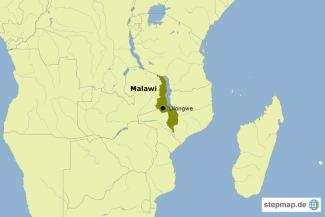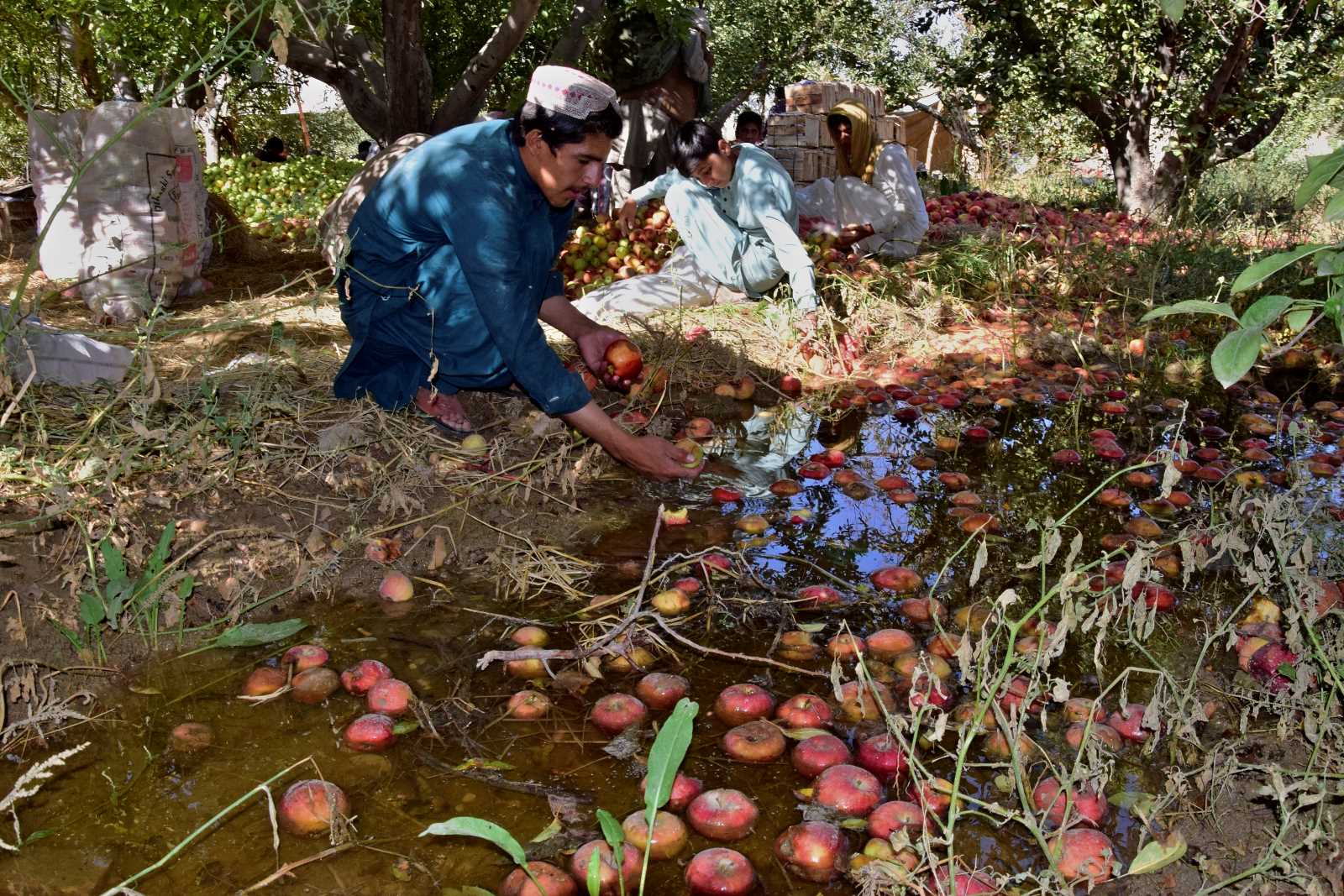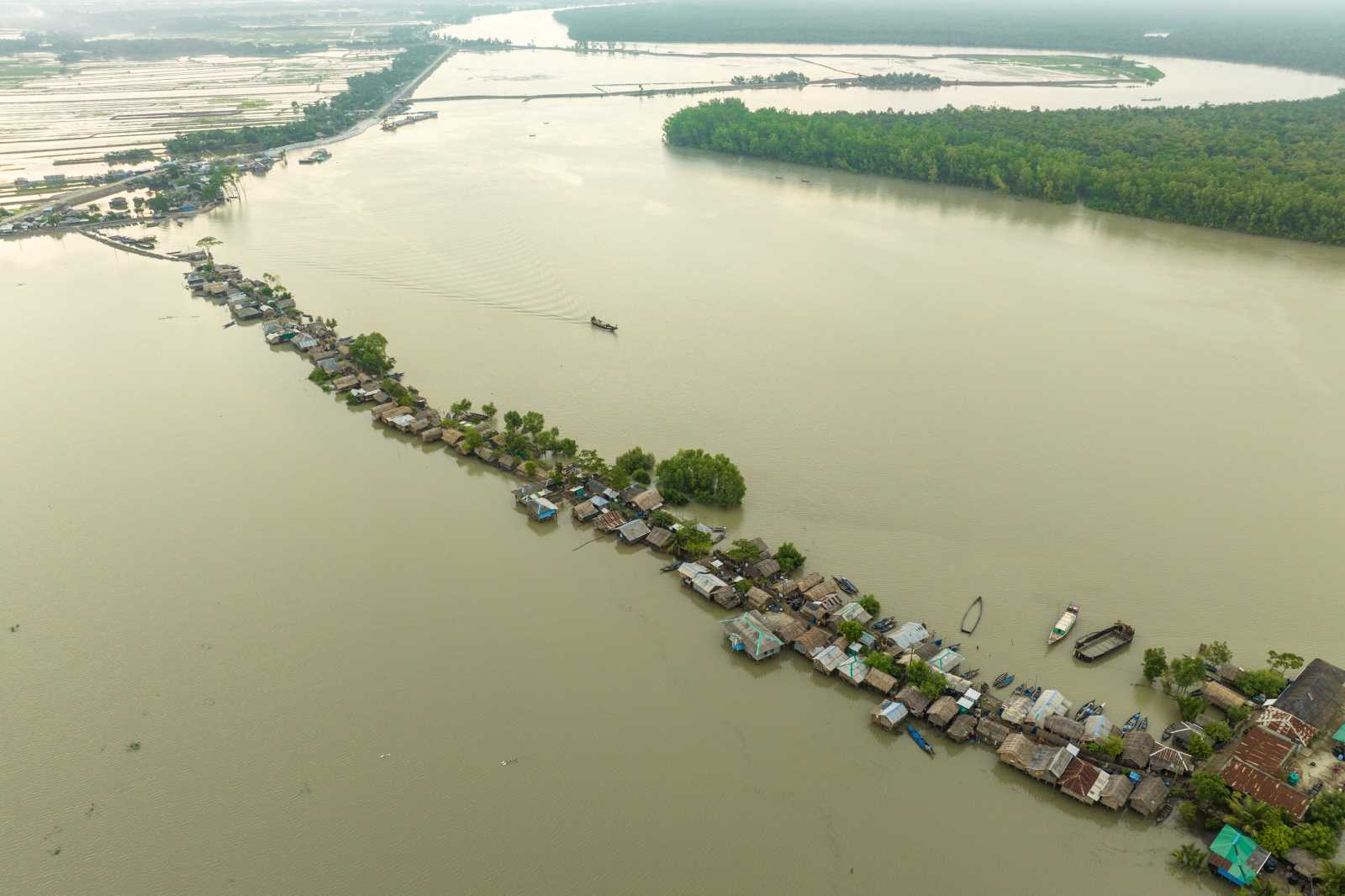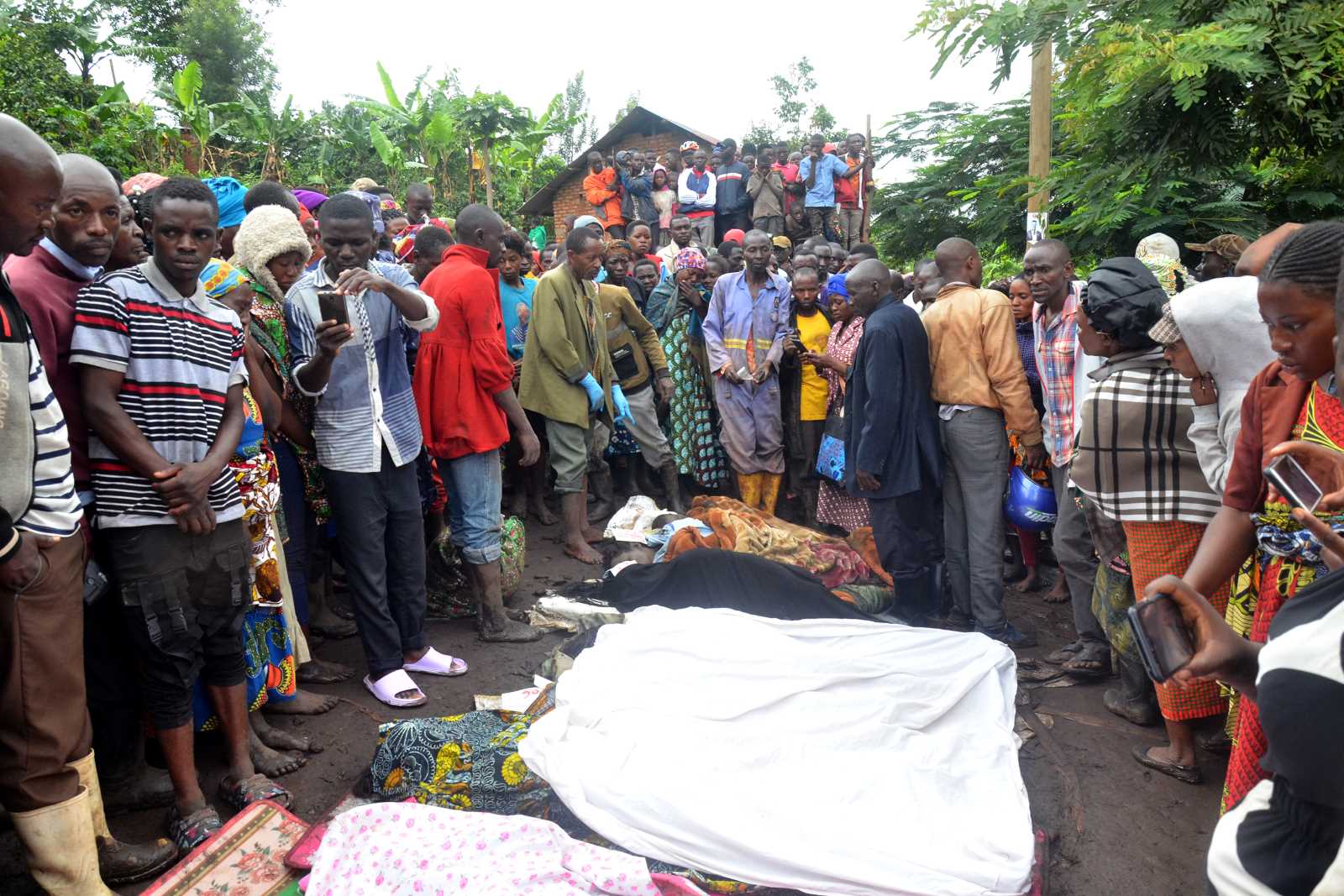Natural disaster
Floods as part of life

Malawi has a population of about 15 million people. Over 80 percent of them depend on agriculture for survival, both in terms of food and money. But climate-change impacts are causing serious problems: Each year the country faces both droughts and floods, and the people have to deal with the regular occurrence of natural disasters.
After the floods in January this year, President Peter Mutharika declared Malawi a disaster area. His declaration prompted international aid agencies such as the World Food Programme (WFP), UNICEF, the Malawi Red Cross and donor governments such as Norway, Germany, Japan and others to pump in money to help support the flood victims. “I want to thank the international community for coming in to help us deal with this crisis,” the president said.
The Malawi government was caught unaware regarding the magnitude of the floods this year. It didn’t help that the National Disaster Risk Management Policy is still only a draft. The Department of Disaster Management Affairs claims it is working around the clock to help the citizens. Its communications officer, Jeremia Mphande, says a response plan has been put together to address the immediate survival needs of the people affected, “covering issues of interventions, relocation and hazards”.
Thousands of people in Malawi live in low-lying areas that are prone to floods. Many refuse to move to upper lands when the rainy season begins. They say that they cannot move upland leaving the graves of their ancestors. Others say they are ready to move upland as the government wants them to, but there is no land available in higher regions. Traditional chief Nyachikadza wants the Malawi government to allocate land systematically. He complains: “Where we are told to go to is someone else’s land.”
The communities have nowadays become used to the floods, and many of them consider them part of their lives. One affected person is Edith Kawanga from Chikwawa district. She says that although many have died due to floods, people are not ready to move away from their ancestral lands. “I know of many families that have been affected but I am not sure that we will move to other areas,” Edith explains, “because these floods have now become part of our daily lives.”
Providing safety, food and well-being to all citizens is a difficult task for the Malawi government. Climate change is going to aggravate the existing problems, and disasters are going to happen more often and to be more severe.
Raphael Mweninguwe is a freelance journalist based in Malawi.
raphael.mweninguwe@hotmail.com












